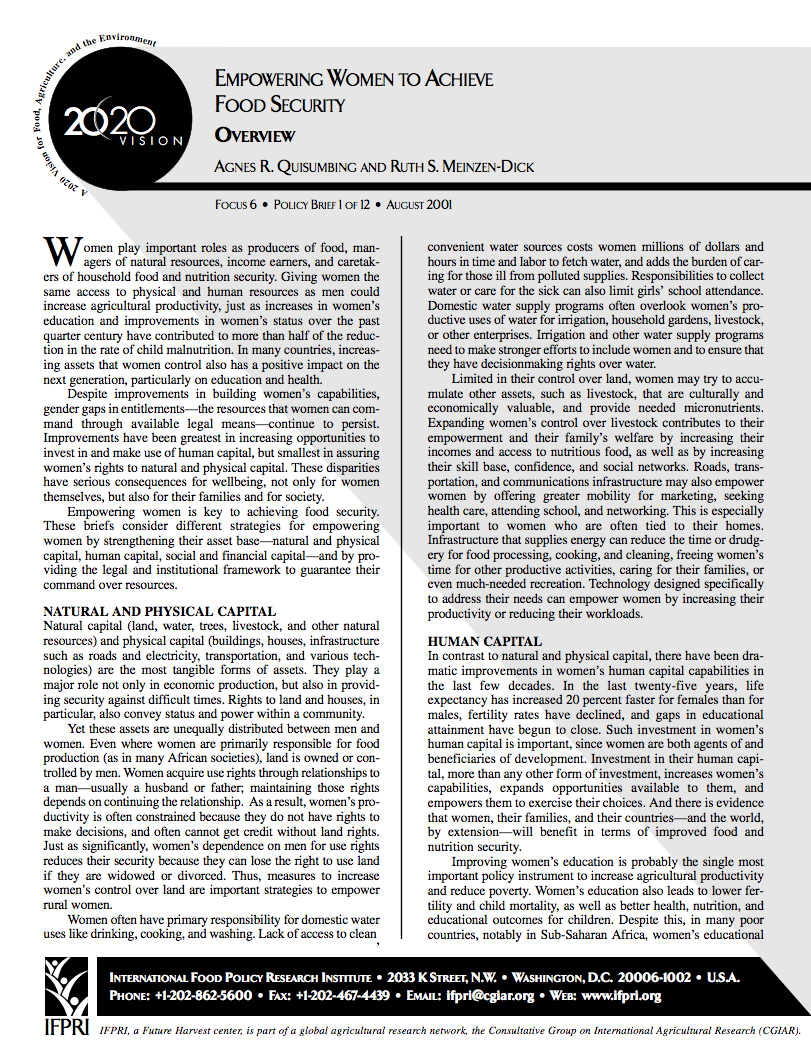Género y tenencia de la tierra en el ejido mexicano: ¿la costumbre o la ley del Estado?
¿Qué derechos tienen las mujeres rurales al recurso tierra? Estos derechos, ¿son definidos por el Estado o por los usos y costumbres de la comunidad? ¿Qué papel ha jugado la legislación agraria para garantizar el derecho de las mujeres a la tierra? ¿Cuáles son los factores más determinantes (legales o de otro tipo) en el acceso de las mujeres a este recurso?







